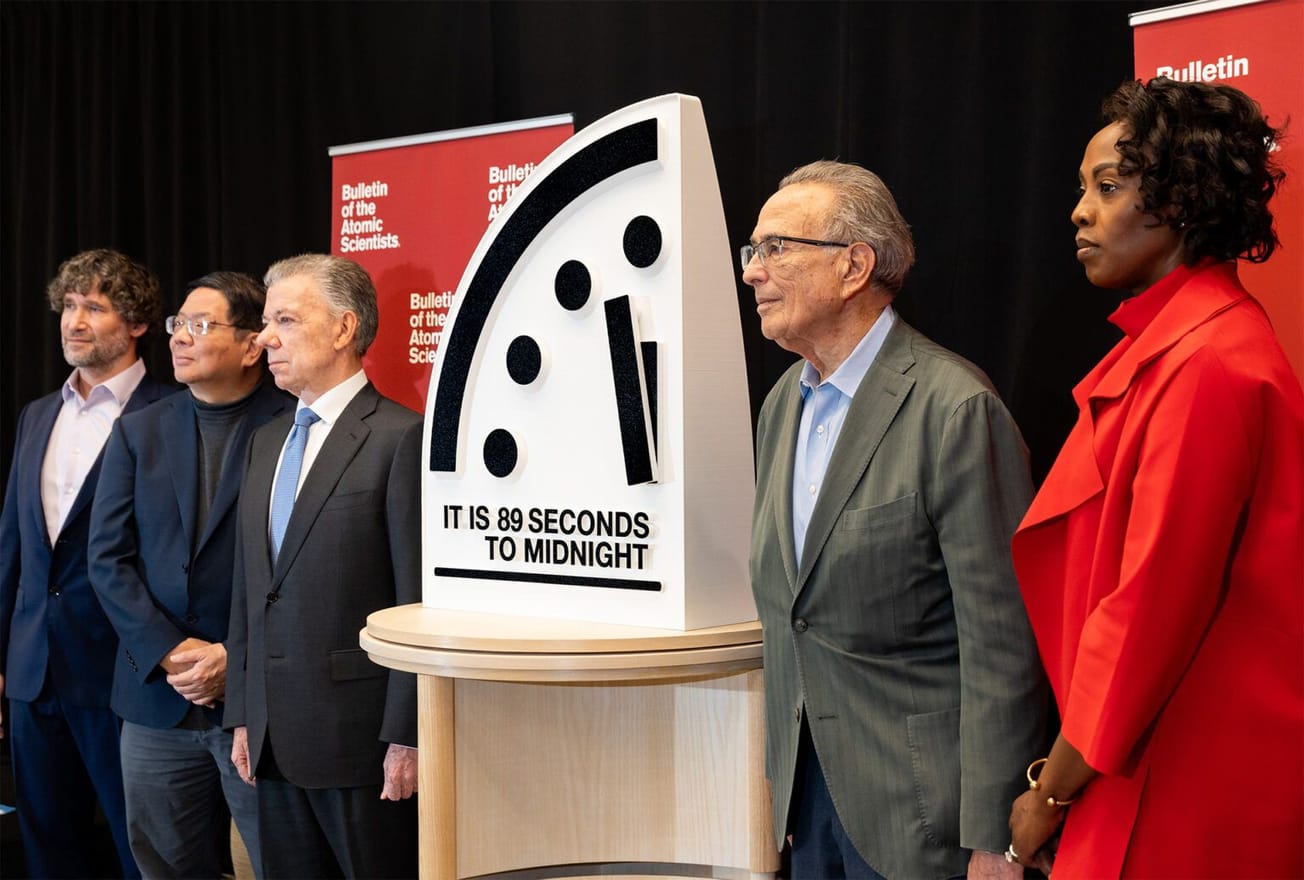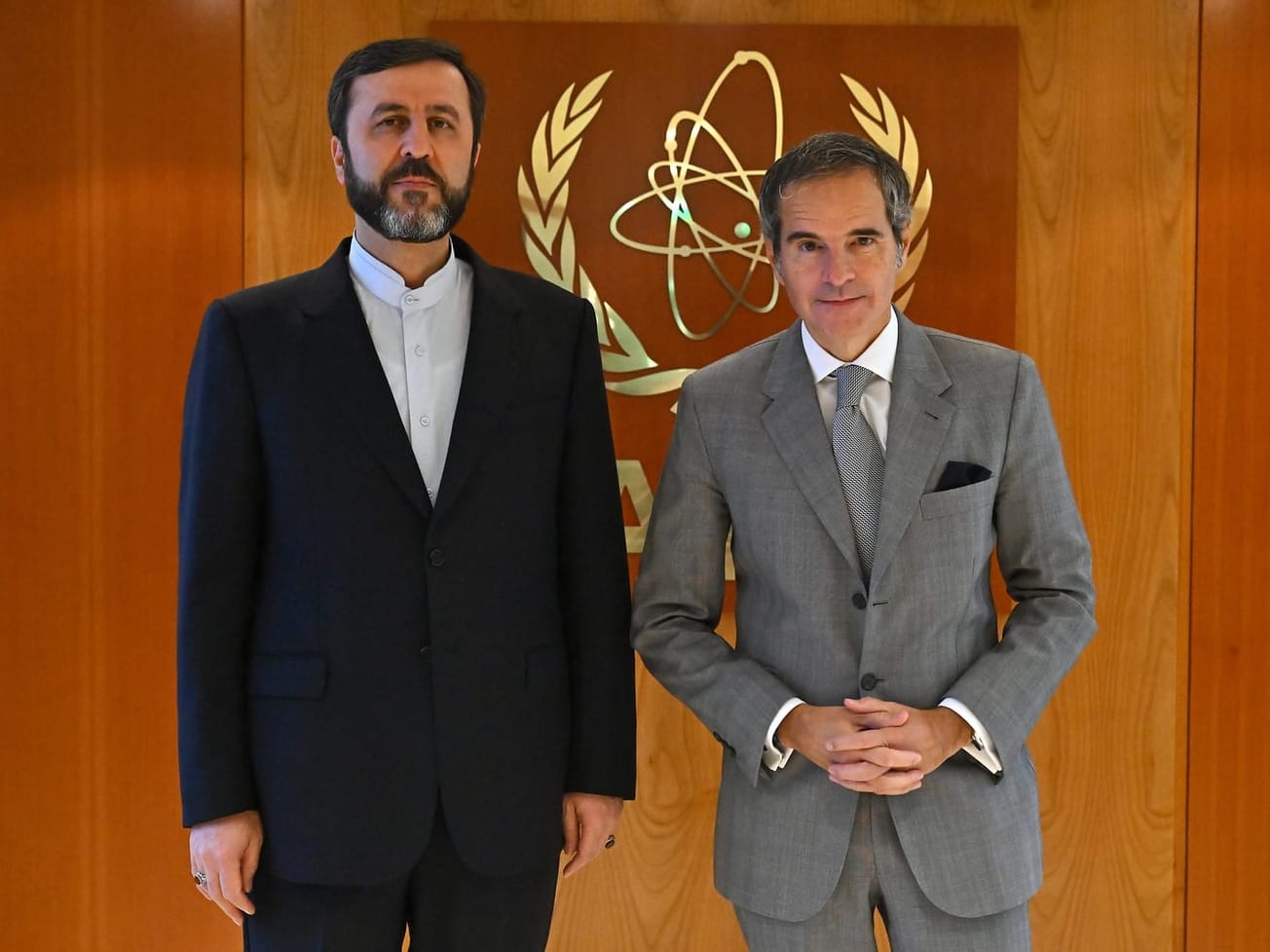The United States accused Russia of violating the last remaining major nuclear arms treaty between the two nations by refusing to permit American inspectors access to Russian territory.
But the U.S. State Department concludes that does not appear to pose a significant threat. "While the United States cannot certify that the Russian Federation is in compliance with the terms of the New START Treaty, it does not determine ... that Russia’s noncompliance specified in this report threatens the national security interests of the United States," it says.









